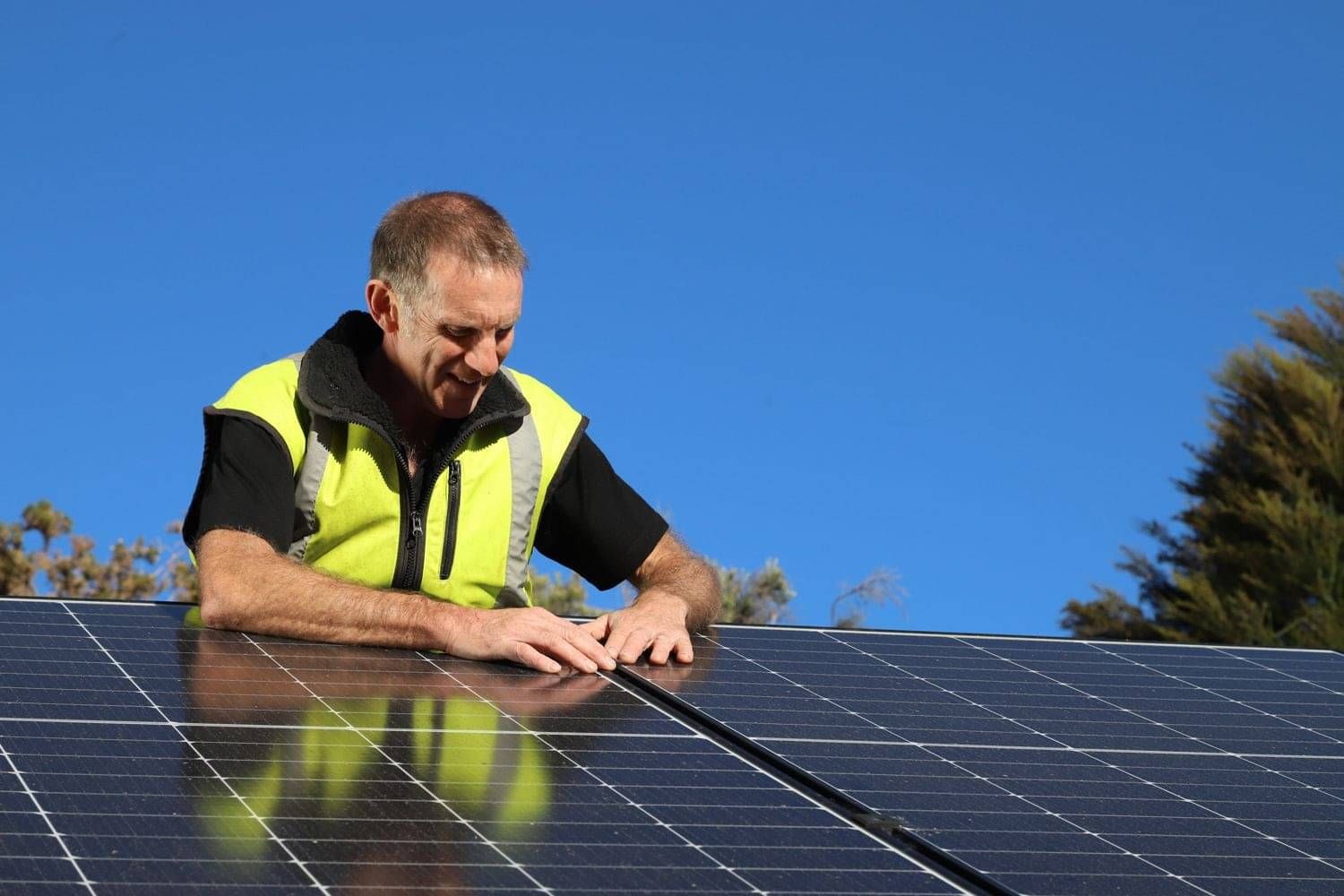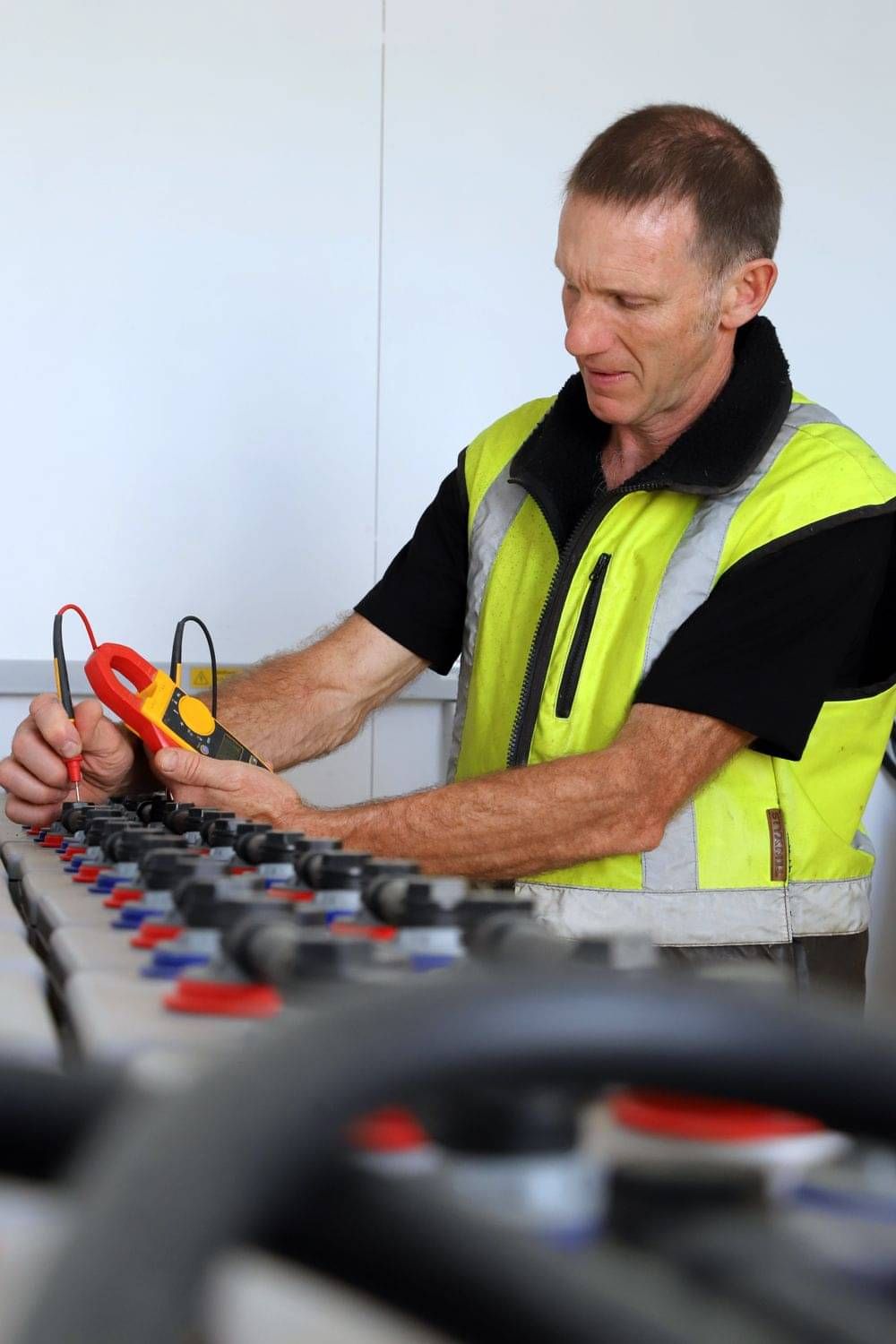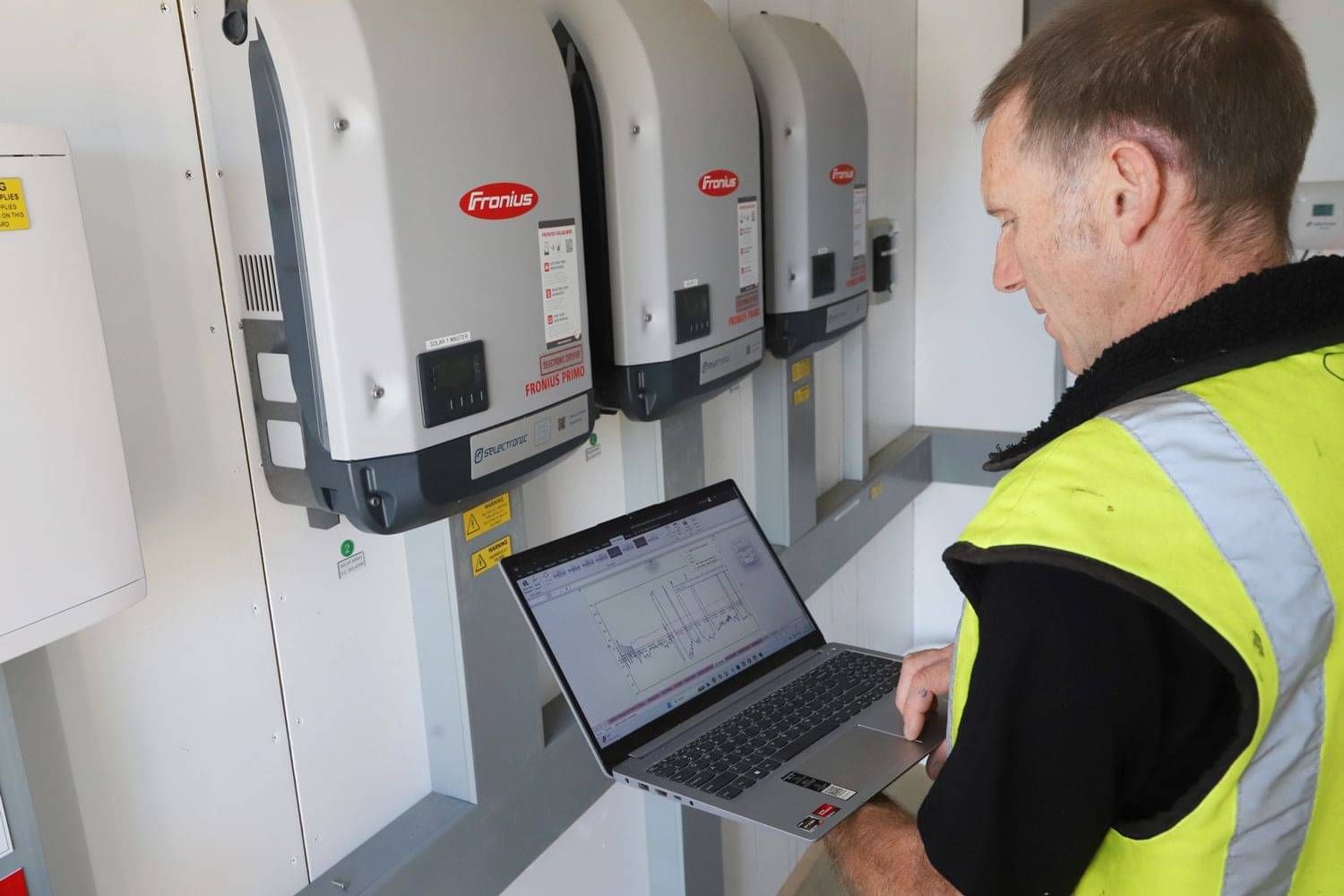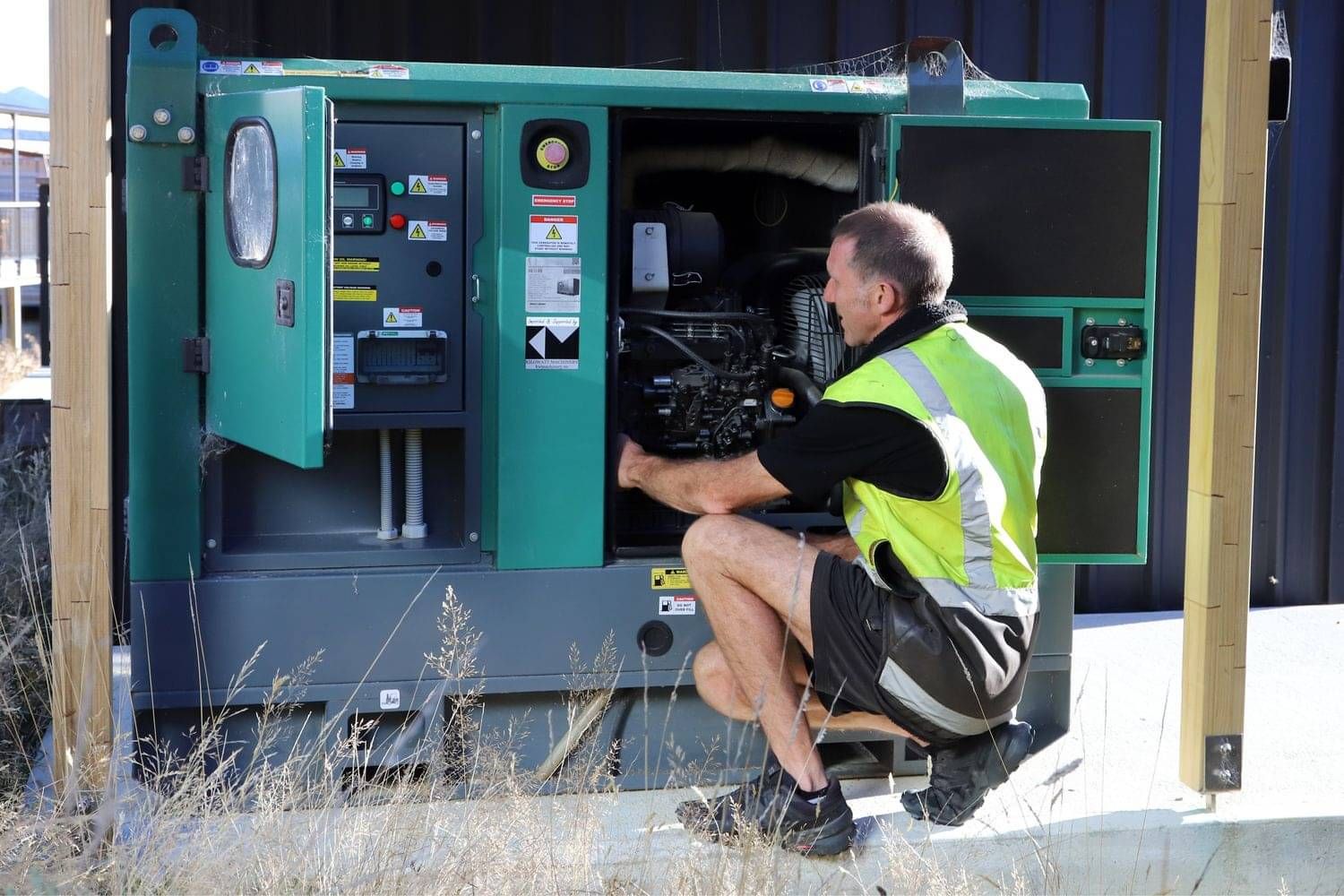USEFUL INFORMATION
How to care for your solar panels and batteries to maximise their life
Essential maintenance guide for off-grid solar systems in New Zealand
Investing in an off-grid solar system represents a significant commitment to energy independence. With proper care and maintenance, your solar panels can last 25+ years and your batteries 2 to 10+ years, depending on the product and application. This comprehensive guide will help you protect and extend the life of your valuable solar investment.
Solar panel maintenance: Maximising energy harvest

Regular cleaning protocol
The pristine environments of New Zealand's remote locations can still leave your panels covered with:
Bird droppings
Salt spray (particularly in coastal Marlborough Sounds locations)
Dust and pollen
Leaf litter and organic debris
Recommended cleaning routine:
Clean panels early morning or evening when cool
Use soft brushes and squeegees with extension handles
Employ rainwater or demineralised water (avoid hard water)
Never use abrasive materials or harsh chemicals
Inspect for and remove any debris in panel edges and frames
Seasonal considerations:
Summer: More frequent cleaning may be required due to dustier conditions
Autumn: Clear fallen leaves promptly
Winter: Remove any snow accumulation (rare in most New Zealand locations)
Spring: Watch for pollen build-up
Positioning and shading management
Regularly trim vegetation that may cause shading
Reassess panel positioning if nearby trees have grown significantly
Consider seasonal sun angle changes when planning maintenance
Physical inspection checklist
Conduct quarterly inspections checking for:
Secure mounting hardware
Water damage or moisture ingress
Seal integrity around junction boxes
Microcracks or discolouration
Signs of corrosion, particularly in coastal installations
Battery care: The heart of your off-grid system
Deep cycle battery management
For lead-acid batteries:
Maintain proper water levels in flooded lead-acid batteries
Keep battery terminals clean and protected with anti-corrosion spray
Ensure adequate ventilation in battery storage areas
Ensure you are operating within your depth of discharge curves
Monitor specific gravity readings quarterly (for flooded types)
For lithium batteries:
Maintain optimal temperature range
Avoid exposure to extreme temperatures
Follow the manufacturer's specific maintenance guidelines
Monitor cell balancing through your system's management software
Depth of discharge management
One of the most critical factors affecting battery lifespan is depth of discharge (DoD):
Lead-acid batteries: Aim to keep state of charge within the design parameters
Lithium batteries: Can typically handle deeper discharges but still benefit from shallower cycling
Charging optimisation
Ensure your charge controller is properly configured for your battery chemistry
Verify that absorption and float voltages are correctly set
Consider seasonal adjustments to charging parameters
Implement temperature compensation for charging voltages

System monitoring: The key to longevity
Remote monitoring advantages
Our remote monitoring service provides significant benefits:
Early detection of performance issues
Optimisation of charging cycles
Identification of potential component failures
Customised settings based on your usage patterns
Protection against damaging over-discharge events
Manual monitoring practices
For systems without remote monitoring:
Record battery voltage readings regularly
Monitor energy production and consumption
Watch for unexpected changes in system performance
Keep a maintenance log to track patterns

Seasonal adjustments for New Zealand conditions
Summer optimisation
Adjust tilt angles if your system allows
Monitor for overheating issues
Consider additional cooling for battery enclosures
Optimise consumption to match higher production
Winter preparation
Clean panels thoroughly before shorter winter days
Check battery insulation in colder regions
Adjust usage patterns for reduced solar yield
Consider backup generator testing before winter

When to call a professional
Contact us immediately if you notice:
Significant drops in energy production
Unusual battery behaviour or rapid discharge
Error codes on inverters or charge controllers
Physical damage to system components
Signs of corrosion or water ingress
Preventative maintenance schedule
Monthly tasks:
Visual inspection of panels and hardware
Battery level checks
Performance review
Quarterly Tasks:
Thorough panel cleaning
Terminal inspection and cleaning
Component and connection check
Annual professional service:
Comprehensive system inspection
Inverter and charge controller diagnostic check
Battery capacity testing
System optimisation and parameter adjustment
The value of professional support
Our specialised off-grid experience means we can:
Identify potential issues before they become costly problems
Optimise your system for your specific conditions
Provide tailored maintenance advice for your setup
Remotely monitor and adjust your system for optimal performance
Invest in longevity
Following these maintenance guidelines will help ensure your off-grid solar system delivers reliable power for decades. Remember that a small investment in preventative maintenance can prevent costly repairs and premature component replacement.
Contact our team for personalised advice on maintaining your specific system or to schedule a professional maintenance service.
Get Your FREE Guide: Designing the Ideal Off-Grid Power System
A practical resource to help you plan a reliable, efficient, off-grid energy system.
Ready to Make an Informed Choice?
Whether you’re exploring options or already planning your off-grid system, we’re here to help. Get in touch with Off-Grid Energy for expert advice, tailored solutions, and trusted support.
Get in Touch
Service Areas: Kaikoura, Tasman Region, Blenheim, Marlborough Sounds, Marlborough Region, all of New Zealand, including the Chatham Islands
Phone: +64 27 416 5310
Email: paul@offgridenergy.nz
